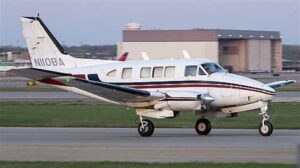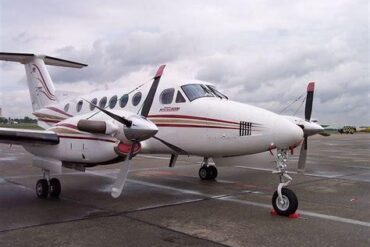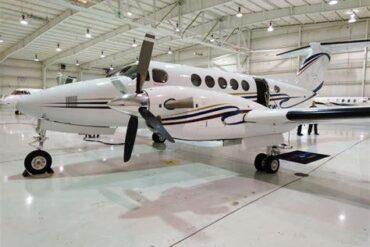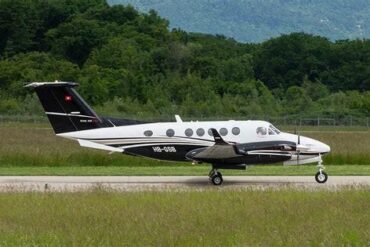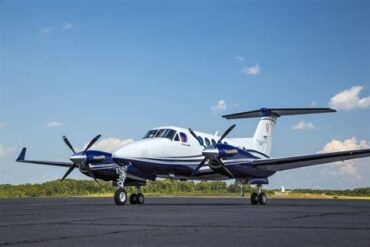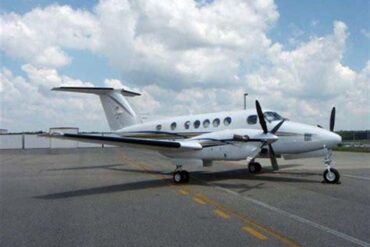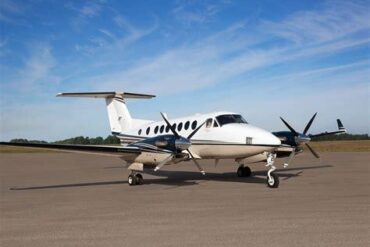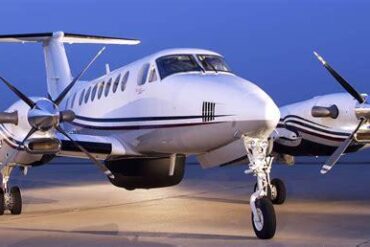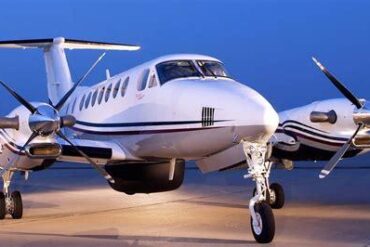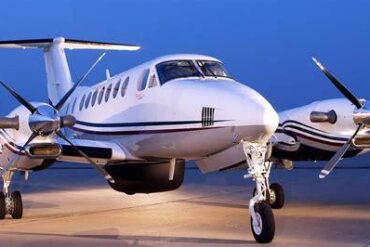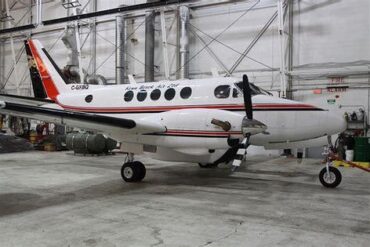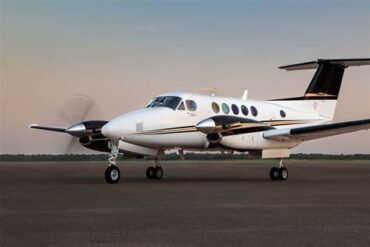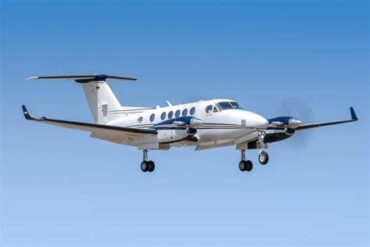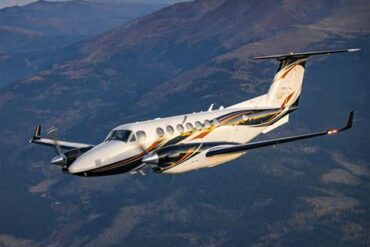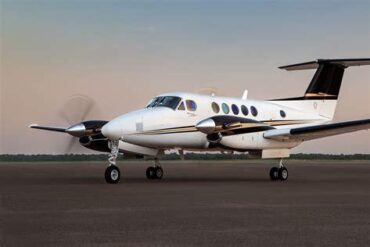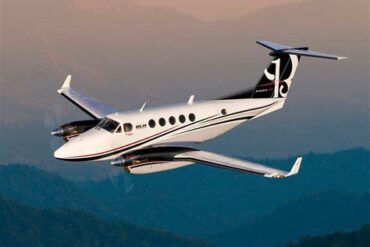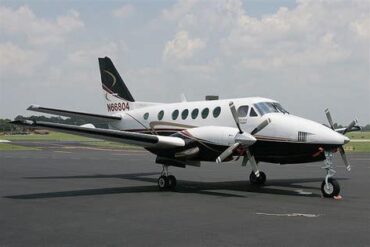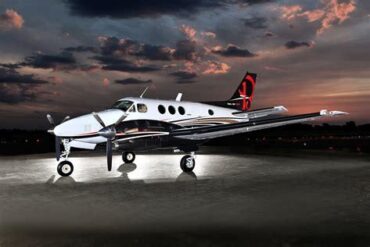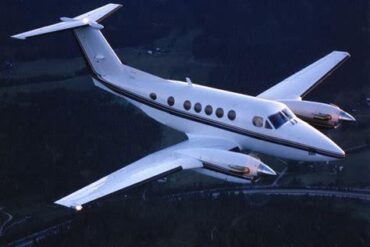The Beechcraft Queen Air B80 is a remarkable twin-engine aircraft that has captured the attention of aviation enthusiasts and professionals alike. Known for its reliability and performance, it offers a unique blend of comfort and utility. In this article, we delve into the price, operating costs, and other essential aspects of the B80 that potential buyers should consider.
Overview of the Beechcraft Queen Air B80
The Beechcraft Queen Air B80, manufactured by Beech Aircraft Corporation, is part of the Queen Air series, which gained popularity in the 1960s and 1970s. The B80 variant stands out due to its advanced design, spacious cabin, and powerful engines. It is designed for both private and commercial use, making it a versatile choice for various missions.
Key Specifications
The B80’s specifications highlight its capabilities:
-
Length: 32 ft 4 in (9.85 m)
-
Wingspan: 50 ft 0 in (15.24 m)
-
Height: 10 ft 8 in (3.25 m)
-
Maximum Takeoff Weight: 6,600 lbs (2,993 kg)
-
Cruising Speed: Approximately 200 knots (230 mph)
-
Range: 1,500 nautical miles (1,726 miles)
These specifications underline the B80’s impressive performance, making it a strong contender in its class.
Beechcraft Queen Air B80 Price
When considering the purchase of a Beechcraft Queen Air B80, understanding the price is crucial. The cost of a used B80 typically ranges from $150,000 to $400,000, depending on factors such as:
-
Aircraft condition: The overall condition of the aircraft, including any refurbishments or upgrades.
-
Year of manufacture: Newer models tend to be priced higher.
-
Flight hours: Aircraft with fewer flight hours may command a premium.
-
Additional features: Custom interiors, upgraded avionics, and other modifications can impact the price significantly.
Factors Influencing the Price
-
Market Demand: The demand for the B80 can fluctuate based on economic conditions and trends in the aviation market. Higher demand can lead to increased prices.
-
Maintenance History: A well-documented maintenance history can enhance the aircraft’s value, reassuring potential buyers of its reliability.
-
Equipment and Upgrades: Aircraft equipped with advanced technology or recent upgrades often attract a higher price. Avionics, autopilot systems, and interior luxury features can all play a role.
-
Location: Geographic factors can influence pricing. Aircraft located in regions with higher aviation activity may be priced differently than those in less active areas.
Operating Costs of the Beechcraft Queen Air B80
Operating costs are a critical consideration for potential buyers and operators of the Beechcraft Queen Air B80. These costs can be broken down into several categories:
1. Fuel Costs
The Beechcraft Queen Air B80 is powered by Lycoming IO-540 engines, which have a fuel burn rate of approximately 15-20 gallons per hour. With an average fuel price of $5.00 per gallon, operators can expect to spend around $75 to $100 per hour on fuel. This cost can vary based on:
-
Flight profile: Short flights typically consume more fuel per mile than longer flights due to increased takeoff and landing cycles.
-
Weight: Heavier loads can result in higher fuel consumption.
2. Maintenance Costs
Maintenance is a vital aspect of operating any aircraft. For the B80, maintenance costs typically range from $30,000 to $50,000 annually. Factors influencing these costs include:
-
Regular inspections: Aircraft are required to undergo periodic inspections, including annual and 100-hour checks.
-
Parts replacement: Routine replacement of parts and components can add to the maintenance budget.
-
Labor costs: The cost of hiring qualified maintenance personnel can vary by location and service provider.
3. Insurance Costs
Insurance is another significant operating cost for the Beechcraft Queen Air B80. Depending on the coverage options and the pilot’s experience, insurance premiums can range from $1,500 to $5,000 per year. Considerations include:
-
Hull value: Higher hull values can lead to increased premiums.
-
Pilot qualifications: More experienced pilots may qualify for lower insurance rates.
-
Usage: Insurance costs can vary based on whether the aircraft is used for personal, business, or commercial purposes.
4. Hangar and Storage Costs
Storing the Beechcraft Queen Air B80 in a hangar can incur costs ranging from $300 to $1,200 per month. Factors affecting these costs include:
-
Location: Hangar costs can vary significantly by region and airport.
-
Amenities: Hangars with additional services or better facilities may charge higher fees.
5. Crew Costs
For those operating the B80 for commercial purposes, crew costs must also be factored in. This can include:
-
Salaries: Hiring qualified pilots and crew members can lead to substantial expenses.
-
Training: Ongoing training for crew members is essential and can contribute to the overall operating budget.
Total Operating Costs
Considering all the factors outlined above, the total operating costs for the Beechcraft Queen Air B80 can range from $200,000 to $350,000 annually, depending on usage and operational efficiency. This total encompasses all aspects from fuel, maintenance, insurance, and crew costs.
Comparative Analysis with Similar Aircraft
When evaluating the Beechcraft Queen Air B80, it is beneficial to compare it with similar aircraft in the same category. The following aircraft are often considered competitors:
| Aircraft Model | Price Range | Operating Costs (Annual) | Cruising Speed | Range |
|---|---|---|---|---|
| Beechcraft B90 | $250,000 – $500,000 | $200,000 – $350,000 | 200 knots | 1,600 nautical miles |
| Piper Navajo Chieftain | $150,000 – $300,000 | $180,000 – $300,000 | 180 knots | 1,200 nautical miles |
| Cessna 421 Golden Eagle | $250,000 – $500,000 | $220,000 – $400,000 | 200 knots | 1,500 nautical miles |
Strengths of the B80
-
Versatility: The Beechcraft Queen Air B80 can be utilized for various missions, including passenger transport, cargo, and medical evacuation.
-
Comfort: The spacious cabin provides a comfortable flying experience, suitable for both short and long journeys.
-
Reliability: Known for its robust engineering, the B80 is a dependable aircraft with a strong safety record.
Weaknesses of the B80
-
Age: Many B80 aircraft on the market are older models, which can lead to increased maintenance challenges.
-
Fuel Efficiency: Compared to more modern aircraft, the B80 may not offer the same level of fuel efficiency, impacting operating costs.
Conclusion
The Beechcraft Queen Air B80 remains a strong contender in the aviation market, offering a balance of performance, comfort, and versatility. While the initial purchase price ranges from $150,000 to $400,000, potential buyers must carefully consider the total operating costs, which can add up to $200,000 to $350,000 annually. By understanding these factors and comparing the B80 with similar aircraft, buyers can make informed decisions that best meet their aviation needs.
